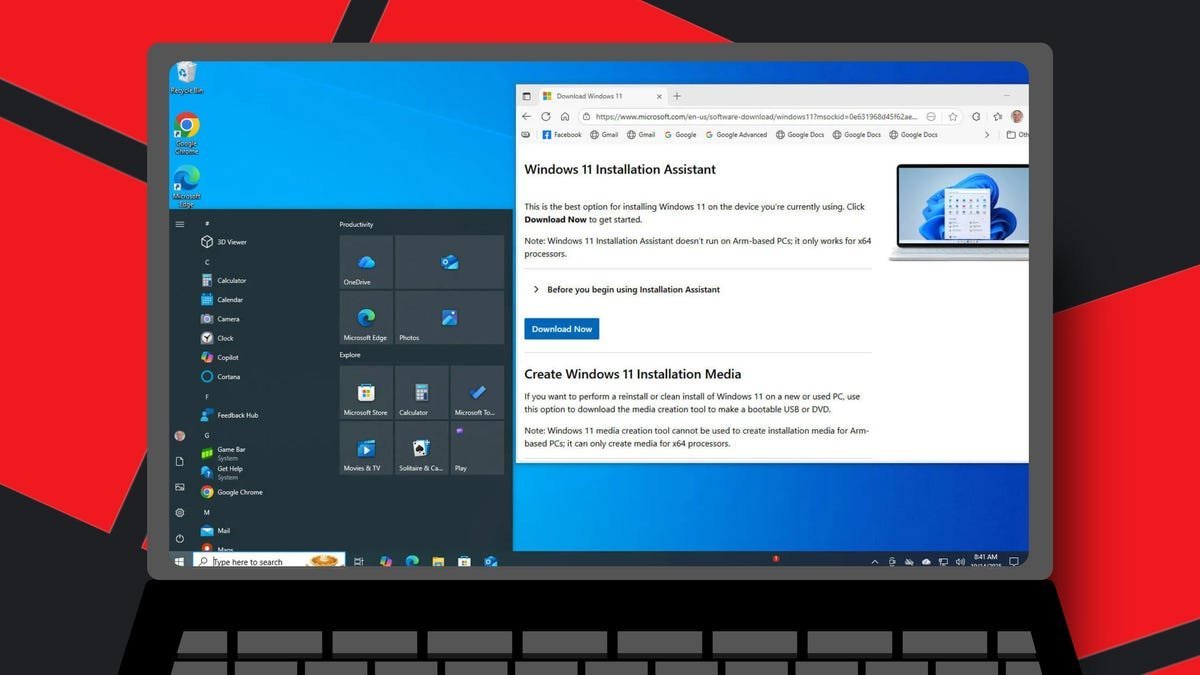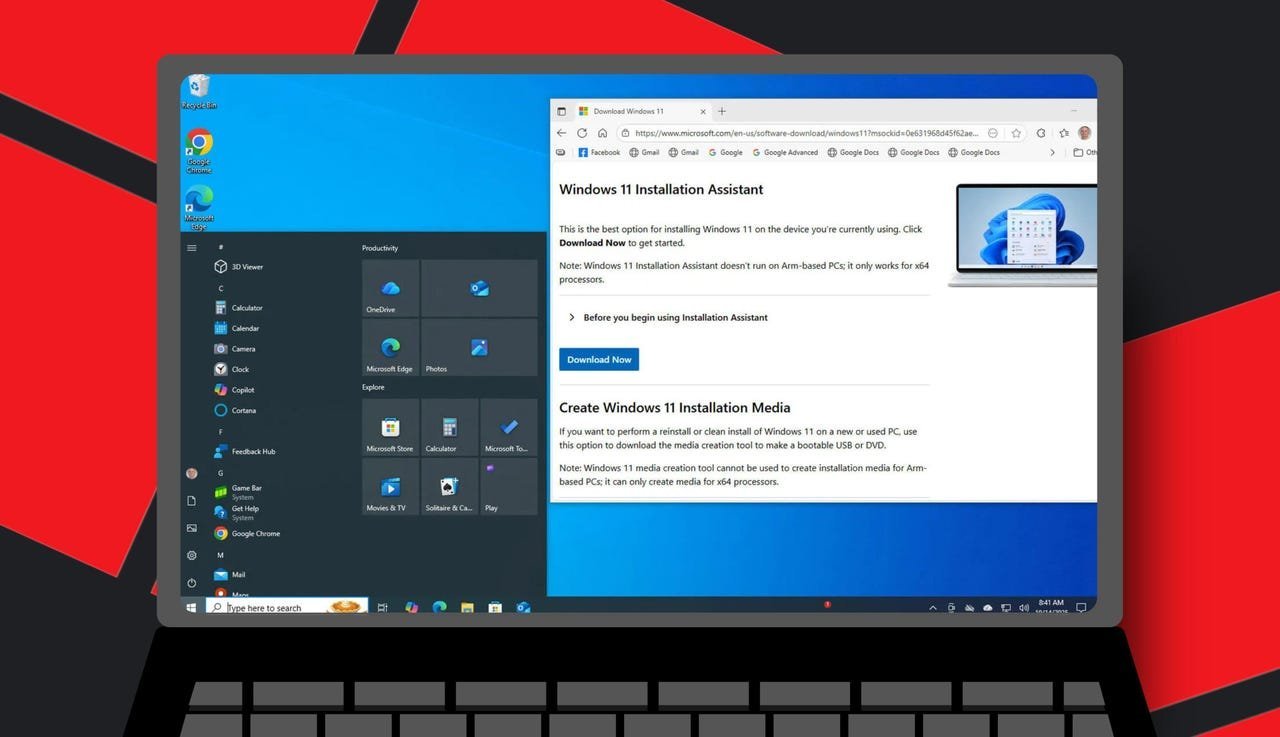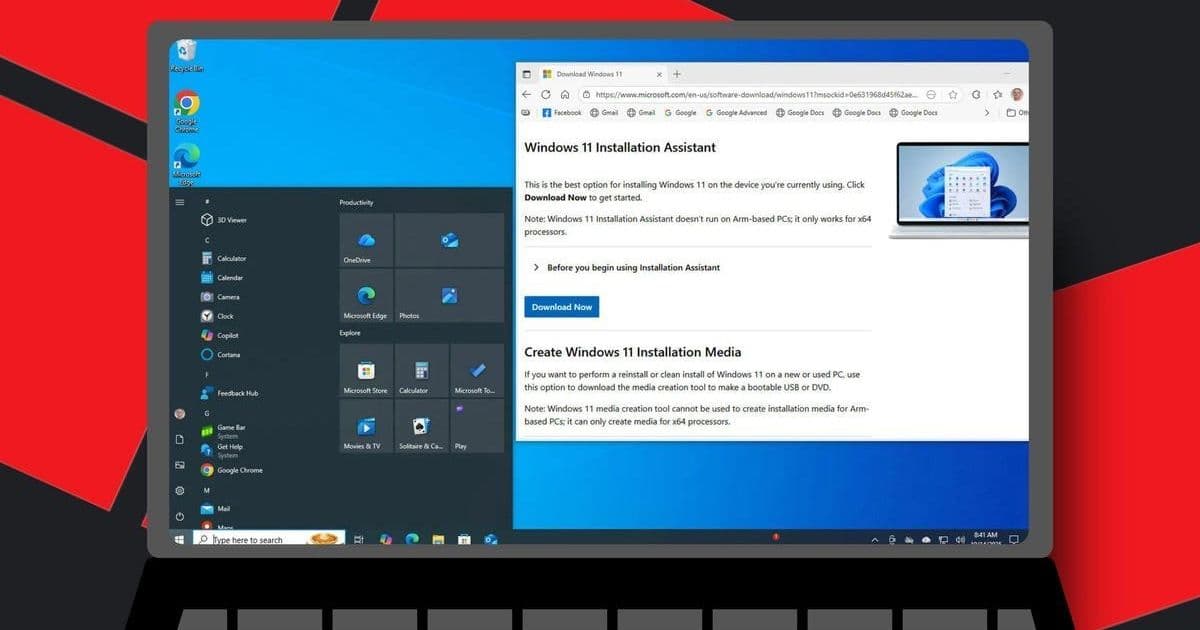Microsoft's Media Creation Tool for Windows 11 upgrades has stopped working on Windows 10 PCs—on the very day Windows 10 reaches end-of-support. We detail verified workarounds to secure your systems.

In a critical timing failure, Microsoft's Windows 11 Media Creation Tool has stopped functioning on Windows 10 devices—coinciding precisely with October 14, 2025, the day Windows 10 reached its official end-of-support. This leaves administrators and users scrambling for alternatives as security updates for Windows 10 cease.
The Broken Tool: What Happened
Microsoft confirmed that version 26100.6584 of the Media Creation Tool, released September 29, 2025, fails silently on Windows 10 systems. Attempts to launch the executable result in a fleeting Windows logo followed by immediate closure without error messages—effectively blocking the standard path to creating bootable Windows 11 installation media.
"This couldn't have happened at a worse time," notes ZDNET's Lance Whitney. "Users waiting until the support deadline now face unexpected roadblocks."
Microsoft is developing a fix, but its release timeline remains unclear. With Windows 10 now unsupported, delays create tangible security risks.
Immediate Workarounds: Three Paths Forward
Windows Update (Simplest, but limited)
Navigate to Settings > Windows Update. If Windows 11 appears as an option, install directly. This method works only for hardware meeting Microsoft's compatibility requirements.Windows 11 Installation Assistant
Download this tool from Microsoft's site. It upgrades your current PC in-place but cannot create media for other devices. Ideal for single-machine migrations.ISO Download & Manual Install (Most flexible)
- Download the Windows 11 25H2 ISO (~7GB) from Microsoft
- Double-click to mount the ISO on your current PC and run
setup.exe - For other PCs: Transfer the ISO via USB, mount, and execute
setup.exe
# Verify ISO integrity post-download: Get-FileHash -Path C:\Path\To\Win11_25H2.iso -Algorithm SHA256
The Stakes: Security and Compliance
With Windows 10 now end-of-life:
- Zero-day vulnerabilities will remain unpatched
- Enterprises must enroll in Extended Security Updates (ESU) at significant cost
- Regulatory compliance risks escalate for organizations on outdated OS versions

IT teams managing large fleets should prioritize the ISO method for mass deployments. For hesitant users, this incident underscores the peril of delaying critical upgrades—planned transitions beat forced emergencies. While Microsoft mends its tools, proactive migration remains the only shield against the expanding threat landscape facing abandoned systems.

Comments
Please log in or register to join the discussion